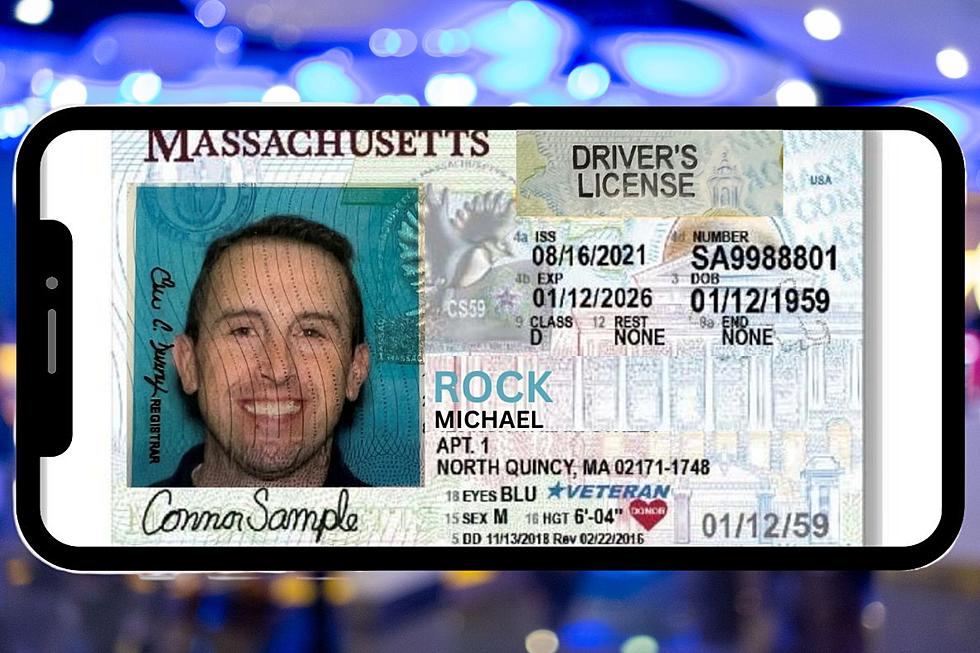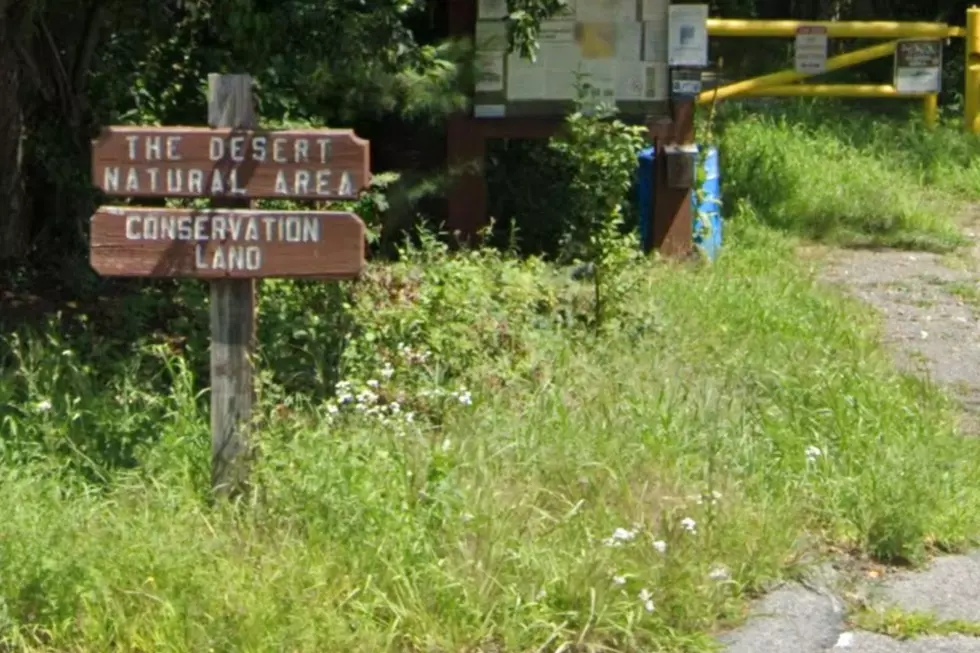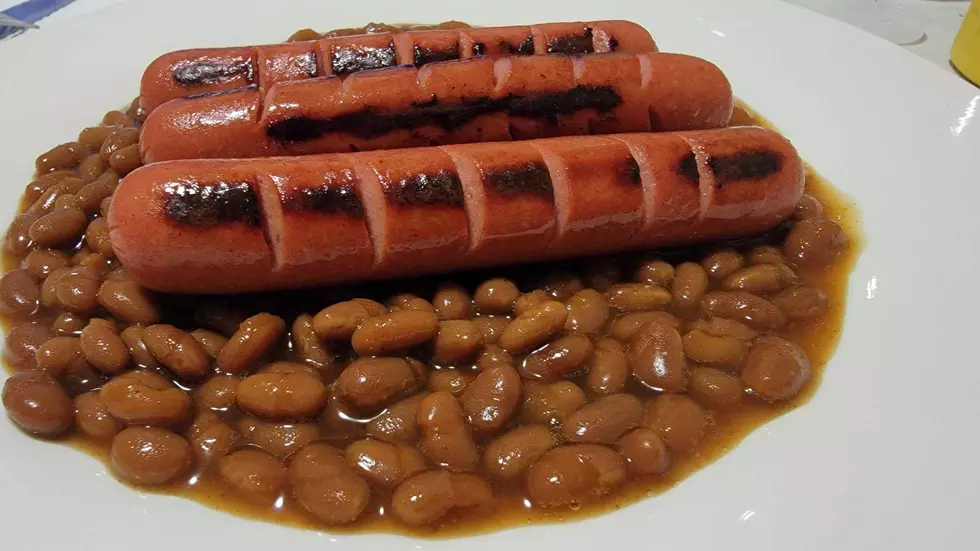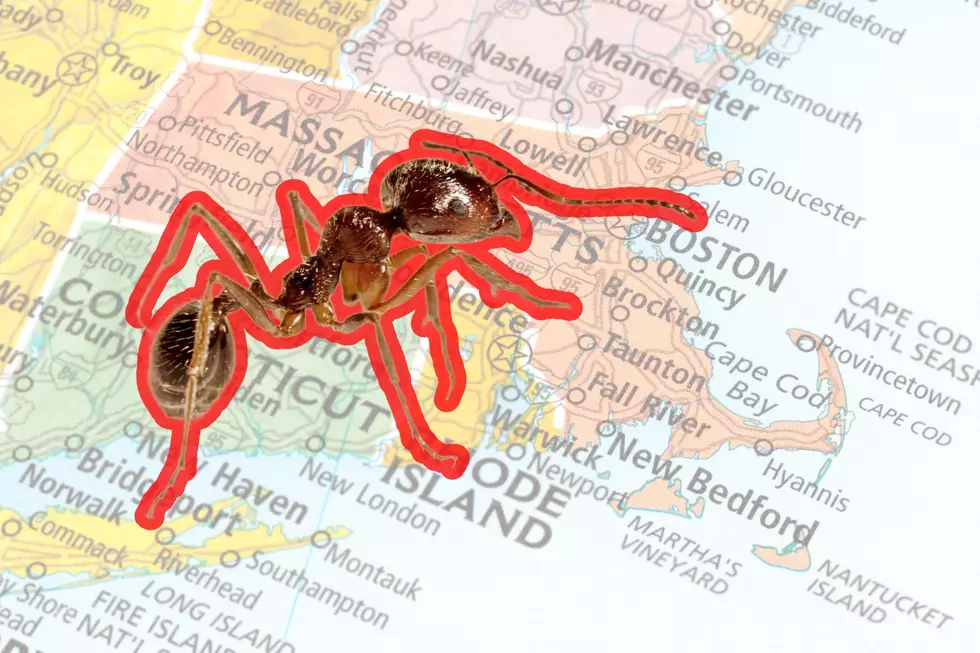
Poll: Mass. Voters Favor Distracted Driving Crackdown
BOSTON — Massachusetts voters support stronger regulation of the use of electronic devices by drivers and the idea of locally driven transportation project funding ballot questions, but mostly oppose raising tolls around Boston during peak travel times, according to new poll results.
The poll also found strong support, higher than 80 percent, among respondents to the idea of raising new money to invest in transportation, although the poll also identified keeping taxes as low as possible as a major priority of 62 percent of respondents.
The Barr Foundation Transportation Poll of 709 registered voters, conducted by the MassINC Polling Group between Dec. 19 and Jan. 9, took the temperatures of voters ahead of a possible ballot vote in November on an income surtax that could raise $2 billion a year for transportation and education spending. The transportation advocacy group Transportation for Massachusetts, which receives funding from the Barr Foundation, also played a role in the poll's release.
Here are the results:
-- Fifty-five percent strongly support and 24 percent somewhat support banning drivers from using cellphones or other electronic devices unless they are in "hands-free" mode, the goal of Senate-approved legislation pending in the Massachusetts House. Only 10 percent somewhat opposed the idea and 6 percent were strongly opposed. Fifty percent strongly supported and 25 percent somewhat supported a ban on pedestrians looking at their phones when crossing the street.
-- The poll found significant support for the idea of cities and towns placing funding measures for local or regional transportation projects on ballots for voters to approve or reject, with 71 percent of respondents strongly or somewhat supporting that idea and 16 percent somewhat or strongly opposed.
-- Asked if they would support or oppose the state raising new money to invest in the transportation system, only 14 percent were strongly or somewhat opposed with 81 percent saying they either strongly or somewhat supported that idea.
-- 73 percent identified improving highways, roads and bridges as a major priority, while 68 percent assigned that priority status to improving education, 64 percent to improving transportation like buses, trains and subways, and 62 percent said keeping taxes as low as possible was a major priority.
-- Seventy-four percent said they strongly or somewhat supported the state's replacement of Mass Turnpike toll booths with overhead gantries that charge tolls to drivers electronically as they pass by. However, 47 percent said they strongly or somewhat support the state using the new system on additional highways, with 45 percent somewhat or strongly opposed. Also, 55 percent strongly or somewhat opposed raising tolls going in and out of Boston during rush hours to encourage drivers to travel at less busy times of the day.
-- Asked about Uber and Lyft, 43 percent of poll takers said the services are making no difference on traffic, with 20 percent saying Uber and Lyft are making traffic better and 19 percent saying the ride services are worsening traffic.
-- 57 percent strongly or somewhat approved of how Gov. Charlie Baker is dealing with transportation in their area, with 25 percent somewhat or strongly disapproving.
-- Addressing climate change was identified as a major priority by 37 percent, while 37 percent called it a minor priority, 21 percent said it's not a priority and 5 percent were unsure or preferred not to say;
-- 55 percent of respondents said the roads and public transportation in their area were good enough to keep the economy moving, although 38 percent said getting around their part of the state has gotten worse in the past five years and 46 percent said it has stayed about the same;
-- 78 percent support expanding the commuter rail system to connect cities like Springfield, Fall River and New Bedford to Boston;
-- 79 percent believe self-driving cars will not replace public transportation and that Massachusetts needs to invest in public transportation regardless of what happens with self-driving cars.
--Michael P. Norton, State House News Service
More From WBSM-AM/AM 1420









